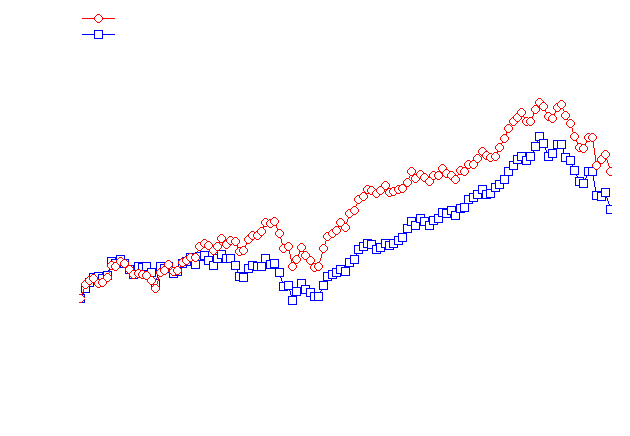Asset Allocation by Age and Risk Tolerance Wells Fargo Advantage Funds
Post on: 7 Июль, 2015 No Comment

Asset Allocation by Age and Risk Tolerance
What percentage of your portfolio should be invested in stocks? In bonds? How much should an investor hold in cash or money market funds? Answering these questions is a process known as asset allocation.
There are many ways to allocate assets in a portfolio. Perhaps the most basic decision, however, is the consideration between stocks and bonds. Stocks offer the potential for long-term growth.
Bonds offer annual income, usually in excess of inflation. That’s important to retired people and others with limited sources of income. However, bonds don’t generally offer growth. Cash or money market funds may offer more safety and liquidity. However, returns are generally much lower than stocks or bonds.
One way to determine the mix of stocks, bonds, and cash is simply to look at age and life expectancy. In a person’s early years, investment time horizons are long and the volatility of stocks can more easily be tolerated. As a person approaches retirement, he or she becomes more dependent on income from investments, which would favor bonds.
However, retirement should not be the end of a person’s investment horizon. With life expectancies reaching into the 80s, it’s quite common for a person to live 20 or 30 years beyond retirement. As a result, it’s still important to own some stocks for growth. Investment expert Chuck Carlson, author of the book Eight Steps to Seven Figures. suggests subtracting age from 110 to determine the percentage of stocks that should be held in a portfolio. For example, a 50-year old would hold 60 percent of his or her investment portfolio in stocks. The remainder would be divided between bonds and cash.
But it’s not that simple. The asset-allocation decision is also dependent upon a person’s attitude about risk. There are some 60-year-olds who prefer to concentrate their holdings in stocks because they have a large portfolio, few financial responsibilities, and don’t mind the volatility. On the other hand, there are some 40-year-olds who are not comfortable with the ups and downs of the stock market. Attitude toward risk is a very personal decision.
An investment in a money market fund is not insured or guaranteed by the Federal Deposit Insurance Corporation or any other government agency. Although Wells Fargo Advantage Money Market Funds seek to preserve the value of your investment at $1.00 per share, it is possible to lose money by investing in a money market fund.
Stock funds should only be considered for long-term goals as values fluctuate in response to the activities of individual companies and general market and economic conditions. Bond fund values fluctuate in response to the financial condition of individual issuers, changes in interest rates, and general market and economic conditions. Some funds, including non-diversified funds and funds investing in international securities, high yield bonds, small- and mid-cap stocks and/or more volatile segments of the economy, entail additional risk and may not be appropriate for all investors. Consult a Fund’s prospectus for additional information on these and other risks.
Any tax or legal information in this website is merely a summary of our understanding and interpretations of some of the current income tax regulations and is not exhaustive. Investors should consult their tax advisor or legal counsel for advice and information concerning their particular situation. Wells Fargo Funds Management, LLC, Wells Fargo Funds Distributor, LLC. nor any of their representatives may give legal or tax advice.
2015 Wells Fargo Funds Management, LLC. All rights reserved. Wells Fargo Funds Management, LLC, a wholly owned subsidiary of Wells Fargo & Company, provides investment advisory and administrative services for Wells Fargo Managed Account Services and Wells Fargo Advantage Funds. Other affiliates of Wells Fargo & Company provide subadvisory and other services for the funds. The funds are distributed by Wells Fargo Funds Distributor, LLC. Member FINRA /SIPC. an affiliate of Wells Fargo & Company.














